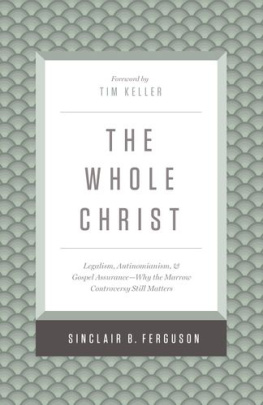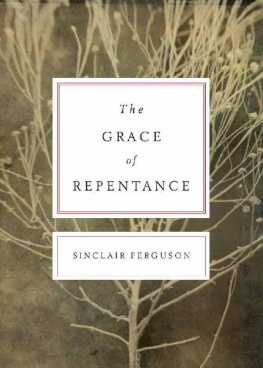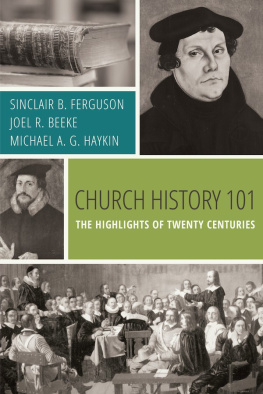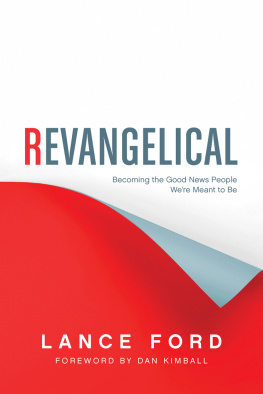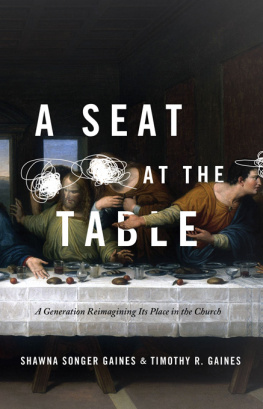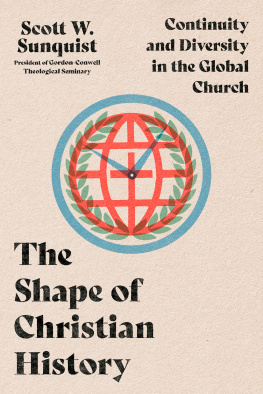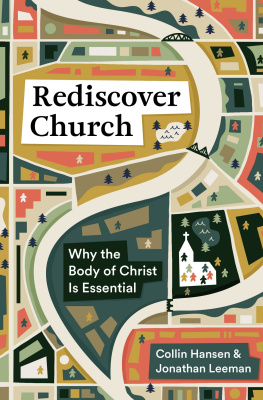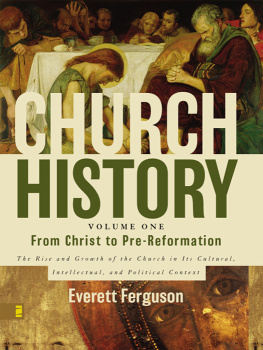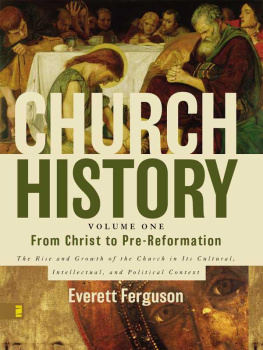Sinclair B. Ferguson - In the Year of Our Lord: Reflections on Twenty Centuries of Church History
Here you can read online Sinclair B. Ferguson - In the Year of Our Lord: Reflections on Twenty Centuries of Church History full text of the book (entire story) in english for free. Download pdf and epub, get meaning, cover and reviews about this ebook. year: 2018, publisher: Ligonier Ministries, genre: Religion. Description of the work, (preface) as well as reviews are available. Best literature library LitArk.com created for fans of good reading and offers a wide selection of genres:
Romance novel
Science fiction
Adventure
Detective
Science
History
Home and family
Prose
Art
Politics
Computer
Non-fiction
Religion
Business
Children
Humor
Choose a favorite category and find really read worthwhile books. Enjoy immersion in the world of imagination, feel the emotions of the characters or learn something new for yourself, make an fascinating discovery.

- Book:In the Year of Our Lord: Reflections on Twenty Centuries of Church History
- Author:
- Publisher:Ligonier Ministries
- Genre:
- Year:2018
- Rating:4 / 5
- Favourites:Add to favourites
- Your mark:
- 80
- 1
- 2
- 3
- 4
- 5
In the Year of Our Lord: Reflections on Twenty Centuries of Church History: summary, description and annotation
We offer to read an annotation, description, summary or preface (depends on what the author of the book "In the Year of Our Lord: Reflections on Twenty Centuries of Church History" wrote himself). If you haven't found the necessary information about the book — write in the comments, we will try to find it.
The story of the church is important for Christians to know, for it contains rich and uplifting stories of Gods dealings with His people. Dr. Sinclair B. Ferguson takes the reader on a tour of the Christian history, featuring stories and songs to give believers a sense of their place in Gods kingdom and to encourage them in their walk.
In the Year of Our Lord: Reflections on Twenty Centuries of Church History — read online for free the complete book (whole text) full work
Below is the text of the book, divided by pages. System saving the place of the last page read, allows you to conveniently read the book "In the Year of Our Lord: Reflections on Twenty Centuries of Church History" online for free, without having to search again every time where you left off. Put a bookmark, and you can go to the page where you finished reading at any time.
Font size:
Interval:
Bookmark:
Whether you are being introduced to a new restaurant or returning to your favorite cuisine, few things are as delightful as a sampler plate prepared by a master chef to give a taste of various delicacies. Such is this book. Sinclair Ferguson, a wise teacher of Christian theology and history, has given us a chef s tour of the Lords sweet mercies across the last two thousand years. This is no bland synopsis. Fergusons clear summaries of each century are festooned with juicy morsels taken from classic Christian writings and savory biographical stories. This little book will be a blessing to earnest Christians and a boon to those who would provide future generations with deeper roots in our rich Christian heritage.
DR . JOEL R. BEEKE
President and professor of systematic theology and homiletics
Puritan Reformed Theological Seminary, Grand Rapids, Mich.
As a general rule, I give this counsel to everyone who will receive it: Read anything and everything by Sinclair Ferguson! This book is no exception. In the Year of Our Lord: Reflections on Twenty Centuries of Church History walks us through our Christian family history, in twenty short, easy-to-read chapters, always ultimately emphasizing the great work of Christ in preserving His church. There are tremendous lessons to increase our discernment and aid our encouragement stored up in this little book. Read, savor, and be edified.
DR . J. LIGON DUNCAN III
Chancellor
Reformed Theological Seminary
There is nothing better to encourage, humble, and challenge Christians living in the Global South than to read how the Lord Jesus has kept His promise to build His church in other parts of the world since the beginning of Christianity. Dr. Fergusons book made me weep and rejoice. This is history told from the perspective of faith in Gods promise. As biblical Christianity grows and expands in the Global South, we need to learn from the history of the church how God preserved His people in the midst of great suffering, and especially how He has preserved the true gospel through the ages in spite of so many errors that have threatened the church. As we face the grave errors of the neo-Pentecostal movement in Latin America, this book gives us hope in the God who has preserved His church always and everywhere.
DR . AUGUSTUS NICODEMUS LOPES
Pastor
First Presbyterian Church, Goinia, Brazil
Church history as it should always be writtentheologically grounded and pastorally applied. A marvelous read.
DR . DEREK W.H. THOMAS
Senior minister
First Presbyterian Church, Columbia, S.C.
YEAR
OF OUR
LORD
Twenty Centuries
of Church History

To
Vesta Sproul
and
in deep gratitude
for R.C.
T he letters AD form the abbreviation for the Latin phrase anno Domini , which means in the year of our Lord. It goes hand in hand with another abbreviation, BC, before Christ.
At first glance, these seem to be a strange combination of languages. Why does AD indicate two words in Latin, whereas BC represents two English words? Perhaps the simplest answer is the correct one: the abbreviation for before Christ in Latin might also be AD (ante Dominum , before our Lord).
Whatever the reason, a significant change has recently taken place in this time-honored tradition of dating. Nowespecially in scholarly worksthe letters CE (common era) and BCE (before the common era) have gradually replaced the traditional style.
This book retains the old style. It does so out of theological conviction, not simply out of antiquarian interests or from personal preference or, for that matter, out of prejudice. This change in format of dating history recognizes that we cannot avoid the significant impact on history of Jesus of Nazareth, but it removes from view His titles (Lord, Christ) and thus downplays both His personal uniqueness and His role in shaping our world-and-life view. In this sense, it is all of a piece with the radical transformations in worldviews that have taken place in the Western world over the past 250 years. The impact of what is usually referred to as the Enlightenment has gradually worn away the distinctiveness of the Christian faith in general and the incarnation as the center point of all history in particular.
Evidences for this change abound in the world of higher learning. The biblical mottoes of ancient universities are now abbreviated to disguise their origin. What were once known as faculties of theology or divinity have been renamed departments of religion or religious studies. In many places, what in the early European universities were the highest of the faculties have now been merged into the faculties of arts or social studies. In essence, they have become branches within the broader concept of anthropology (the study of man, his environment, and his philosophy and literature). The object of study is no longer God Himself (theo logy), but man and his spiritual experience (religion). The uniqueness of the Christian faith with its conviction that God became incarnate in Jesus Christ is now subordinated to what is common to all religious experience.
Against this background, the title In the Year of Our Lord has been deliberately chosen. For almost two thousand years now, the gospel of Jesus Christ has been preached and exemplified by men and women from virtually every corner of the globe. During that period, it has been the single most dominant influence on world history. Christ has left His mark indelibly on our world. These pages tell some of the stories of the two Christian millennia.
In the Year of Our Lord is not a history of the church. For one thing, its author is poorly qualified to attempt that, even in popular form. Rather, In the Year of Our Lord is more like a personal tour of some of the people and places its author has encountered over the years.
But why turn that into a book?
In one sense, it is because we can never know enough about our Christian family. But we modern people tend to be so enamored of the present, so engulfed by contemporary media, that we know very little about history before our own lifetime. As the philosopher Hegel once lamented, we learn from history that we learn nothing from history. Taken at face value, this judgment sounds both harsh and cynical. It is, however, not without evidence.
In the closing weeks of 1999, in the run-up to what was commonly thought of as the close of the second millennium and the opening of the third, one of the best-selling popular newspapers in the United Kingdom published the results of a poll it had sponsored. The findings underlined my suspicions about our general knowledge of history. Readers were asked to name the most significant man and the most significant woman of the previous millennium, AD 10002000.
The winners?
Male: Nelson Mandela.
Female: Princess Diana.
Doubtless, reactions to these names differ widely. Perhaps, indeed, they were the two most celebrated or iconic figures of the second half of the twentieth century. But what of the 950 preceding years? And what did this result reveal about the average reader? Probably that we know almost nothing about history beyond what we have been fed by the popular media.
It would be easy to be cynical and to go beyond even Hegels lament by saying that now we learn no history!
If this is true in general in our society, then it is also likely to be true of Christians. But Christians, by definition, have an interest in history, for a particular view of history and its importance is built into the Christian faith. The faith is founded in the long story narrated in the Old Testament, and its focus is on Jesus Christ as its climax. We may not be professional historians (although some Christians are). We may not know all of the facts of history (who does?). But we understand the deep significance of the past for the present. We believe that history has a pattern and a goal. And, in addition, we belong to the Christian family, which not only stretches throughout the world, but also back into history. So, history is important to us.
Font size:
Interval:
Bookmark:
Similar books «In the Year of Our Lord: Reflections on Twenty Centuries of Church History»
Look at similar books to In the Year of Our Lord: Reflections on Twenty Centuries of Church History. We have selected literature similar in name and meaning in the hope of providing readers with more options to find new, interesting, not yet read works.
Discussion, reviews of the book In the Year of Our Lord: Reflections on Twenty Centuries of Church History and just readers' own opinions. Leave your comments, write what you think about the work, its meaning or the main characters. Specify what exactly you liked and what you didn't like, and why you think so.

